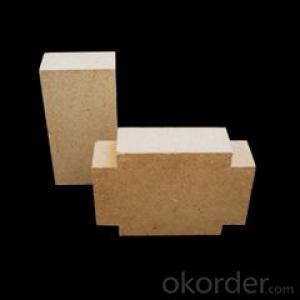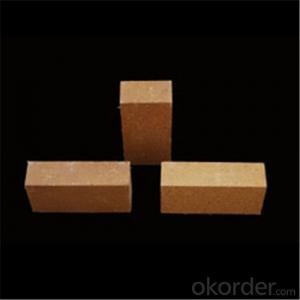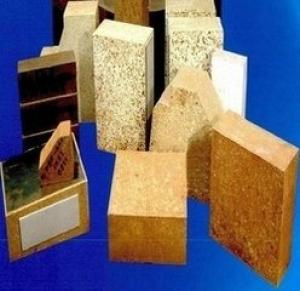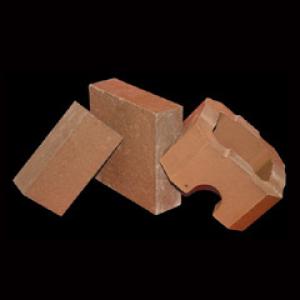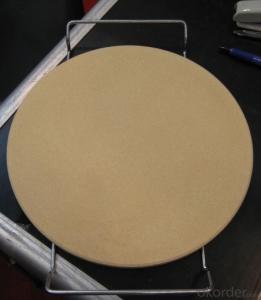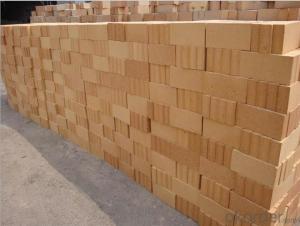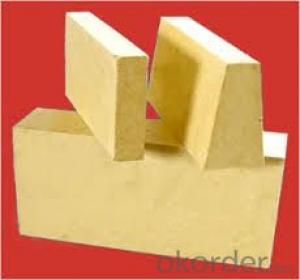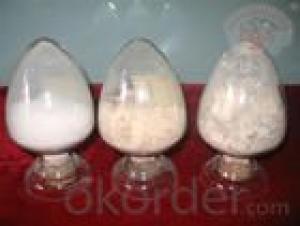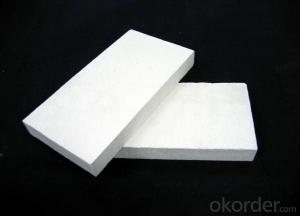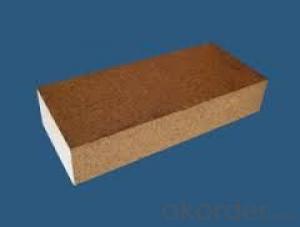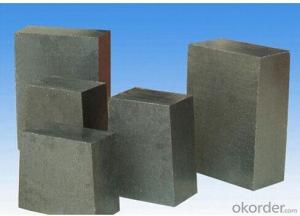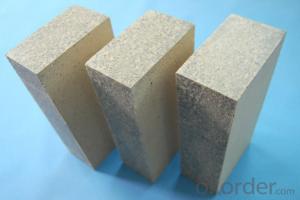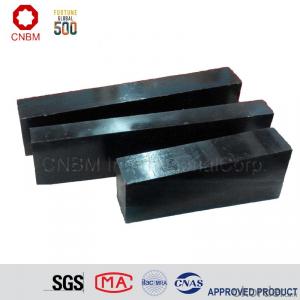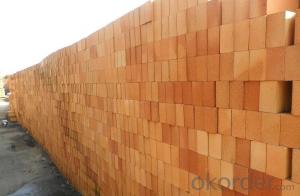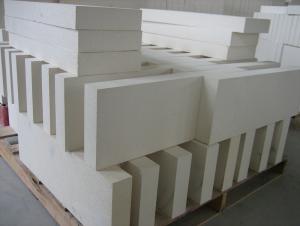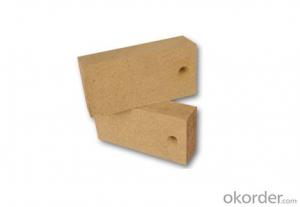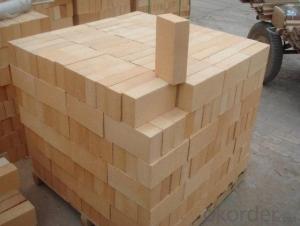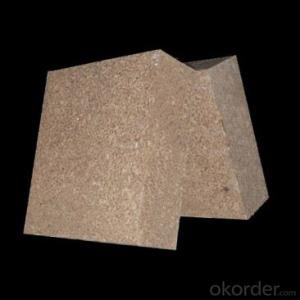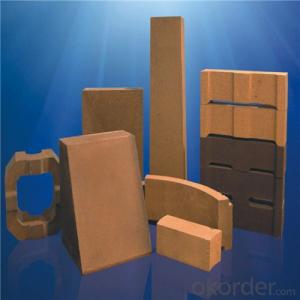All Categories
- - Steel Wire Rod
- - Steel Coils
- - Steel Profiles
- - Steel Pipes
- - Stainless Steel
- - Tinplate
- - Special Steel
- - Steel Sheets
- - Steel Rebars
- - Steel Strips
- - Hot Rolled Steel
- - Cold Rolled Steel
- - Pre-painted Steel
- - Seamless Steel Pipe
- - Welded Steel Pipe
- - Hollow Steel Tubes
- - Galvanized Pipe
- - Stainless Steel Coil
- - Stainless Steel Sheet
- - Stainless Steel Plate
- - Stainless Steel Strips
- - Electrolytic Tinplate Coil
- - Electrolytic Tinplate Sheet
- - Stainless Steel Rebars
- - Solar Panels
- - Solar Water Heater
- - Solar Related Products
- - Solar Inverter
- - Solar Cells
- - Solar Light
- - Solar Energy Systems
- - Solar Controllers
- - Solar Mounting System
- - Solar Pump
- - Solar Chargers
- - Fiberglass Chopped Strand
- - Fiberglass Mesh Cloth
- - Composite Pipes
- - FRP Pultrusion Profiles
- - Fiberglass Mat Tissue
- - Fiberglass Fabrics
- - Fiberglass Mesh
- - Composite Tank
- - Fiberglass Mesh tape
- - Polymer
- - FRP Roofing Panel
- - Fiberglass Roving
- - Monolithic Refractories
- - Ceramic Fiber Products
- - Refractory Bricks
- - Raw Materials For Refractory
- - Suspended Platform
- - Cranes
- - Concrete Machinery
- - Earthmoving Machinery
- - Building Hoist
- - Road Building Machinery
- - Plastic Pipe Fittings
- - Plastic Tubes
- - Plastic Sheets
- - Agricultural Plastic Products
- - Plastic Nets
Q & A
How do refractory bricks resist thermal shock in intermittent cooling applications?
Refractory bricks resist thermal shock in intermittent cooling applications due to their high thermal conductivity and low thermal expansion coefficients. These properties allow the bricks to rapidly absorb and distribute heat evenly, minimizing the stress caused by rapid temperature changes. Additionally, the bricks' dense and durable structure helps to prevent cracks and damage, ensuring their ability to withstand thermal shock.
Can refractory bricks be used in contact with hydrochloric acid?
No, refractory bricks cannot be used in contact with hydrochloric acid. This is because hydrochloric acid is highly corrosive and can react with refractory materials, leading to their degradation and potential failure. It is recommended to use acid-resistant materials like acid-resistant bricks or linings when dealing with hydrochloric acid.
How are refractory bricks used in furnaces?
Refractory bricks are used in furnaces to line the interior walls, roof, and floor of the furnace. They are designed to withstand high temperatures and provide insulation, protecting the furnace structure from the extreme heat. The refractory bricks help to maintain the desired temperature inside the furnace, enhance energy efficiency, and prevent heat loss. Additionally, they provide resistance against chemical reactions and wear, ensuring the longevity and durability of the furnace.
Wholesale Refractory Bricks from supplier in Switzerland
We are proud to be part of the Swiss market and contribute to its growth and development. With our expertise and dedication, we aim to continue serving our clients in Switzerland and meeting their refractory brick needs.
Hot Search
- Monolithic Refractories in Cameroon
- Ceramic Fiber Products in Lithuania
- Refractory Bricks in Turkey
- Raw Materials For Refractory in Albania
- Ceramic Fiber Products in Ukraine
- Refractory Bricks in Djibouti
- Refractory Bricks in Benin
- Ceramic Fiber Products in South Africa
- Ceramic Fiber Products in Moldova
- Ceramic Fiber Products in Libya
